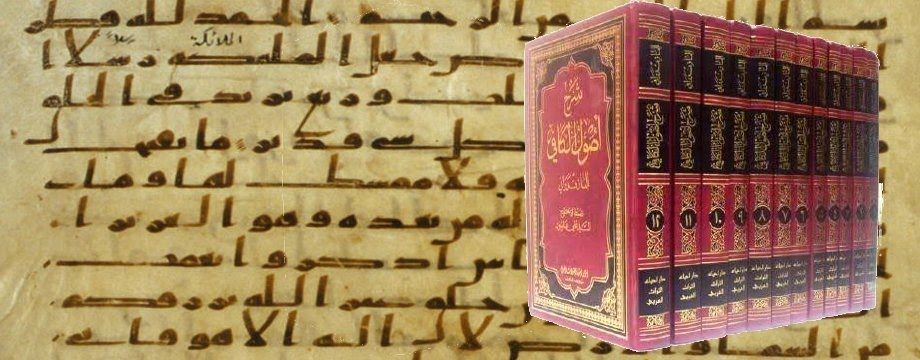In his recent book on the Fatimid-era Muslim convert to Christianity Bulūs ibn Rajāʾ, David Bertaina mentions that one of the strategies employed by this monk in his anti-Islamic rhetoric was to cite ḥadīth reports that Muslim factions would use in order to critique each other. In so doing, he aimed to demonstrate the lack of unity among Muslims and thereby question the validity of the very teachings of Islam. One such tradition that Bulūs ibn Rajāʾ quotes pertains to how Muʿāwiyah ibn Abī Sufyān wore a cross around his neck and asked to be placed facing east on his deathbed, thereby dying a Christian. Subsequently Bertaina remarks with some amazement that a “modern Muslim Shīʿī editor” cites the report “on the authority of Ibn Rajāʾ in his book of ḥadīth reports!”1
The work he is referring to is Al-Arbaʿūn Ḥadīthan fī Ithbāt Imāmat Amīr al-Muʾminīn (a) by al-Baḥrānī and its editor is Sayyid Mahdī Rajāʾī (1996). However, when one refers to the book itself, it becomes clear that the impression given by Bertaina is misleading. Rajāʾī only comments in a footnote that he has read in Kitāb al-Wāḍiḥ by “the apostate [who left Islam and became a] Christian,” referring to Ibn Rajāʾ, that there are successively transmitted (mutawātir) reports to the effect that Muʿāwiyah died a Christian with a cross around his neck.2 Hence, not only does Rajāʾī know that Ibn Rajāʾ was an apostate, he also only quotes what he read in his work as additional evidence to support the claim that Muʿāwiyah died a non-Muslim. Of course, there are a number of other sources that also state this, so it is not the case that no other evidence for the claim exists. Indeed, if the reports regarding this are mutawātir, as Ibn Rajāʾ claimed, then there would be no question of having to scrutinize the narrators. Hence, the question of the validity of quoting the report from an apostate becomes moot. And even if the statement by Ibn Rajāʾ is false, it still merits mentioning how a Christian convert claimed that Muʿāwiyah was, like himself, an apostate who left Islam for Christianity. So, by mentioning this in his footnotes, Sayyid Rajāʾī demonstrated his knowledge on the subject, and it is in no way out of place or astonishing.

